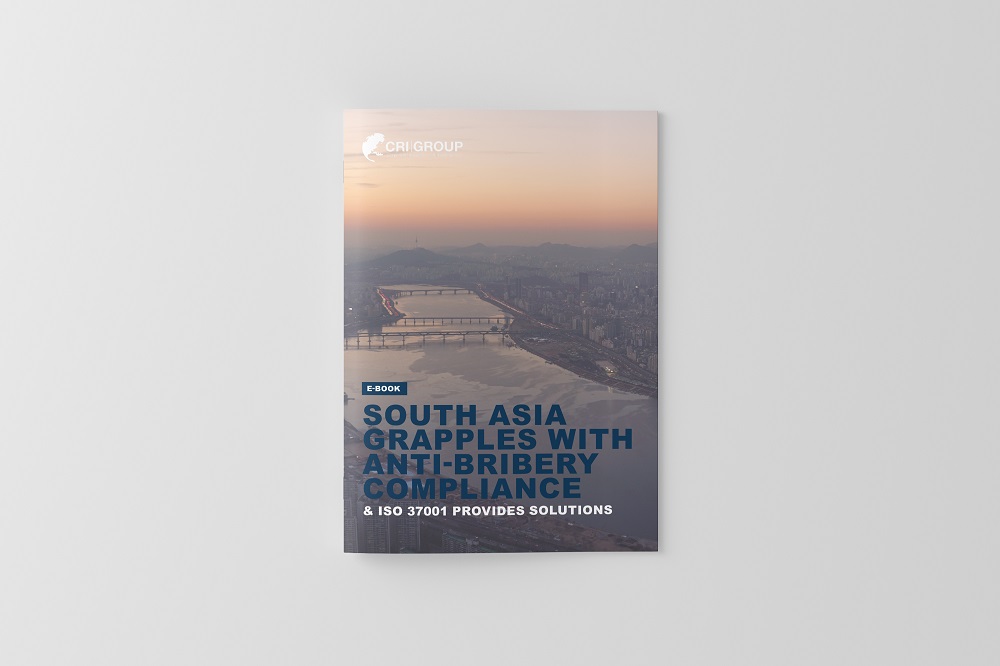On the whole, South Asia has a troubled record when it comes to preventing bribery and corruption, and enforcing compliance. Recent cases and statistics show that the problem persists in most countries in the region. Both government officials and private sector business leaders are struggling to adopt policies, control methods and best practices to help
reduce bribery and corruption on their watch. High profile cases such as the 1MDB scandal in Malaysia and, more recently, the alleged Meikarta township case in Indonesia underscore this point. The investigations that were triggered by these cases demonstrate, however, that regulators are serious about addressing the threat of bribery
and corruption as more than just a legal issue, but as a societal one, as well. In response, organizations that are committed to being in compliance are adopting the ISO 37001 – Anti-Bribery Management Systems standard as a comprehensive approach to mitigating risk. ISO 37001 and its elements can be tailored to any type of organization. It prescribes
implementing an anti-bribery policy, appointing a person to oversee antibribery compliance, training, risk assessments and due diligence on projects and business associates. It also calls for implementing financial and commercial controls, and instituting reporting and investigation procedures.
Download the PDF now to know more about ABAC solutions in South Asia.



